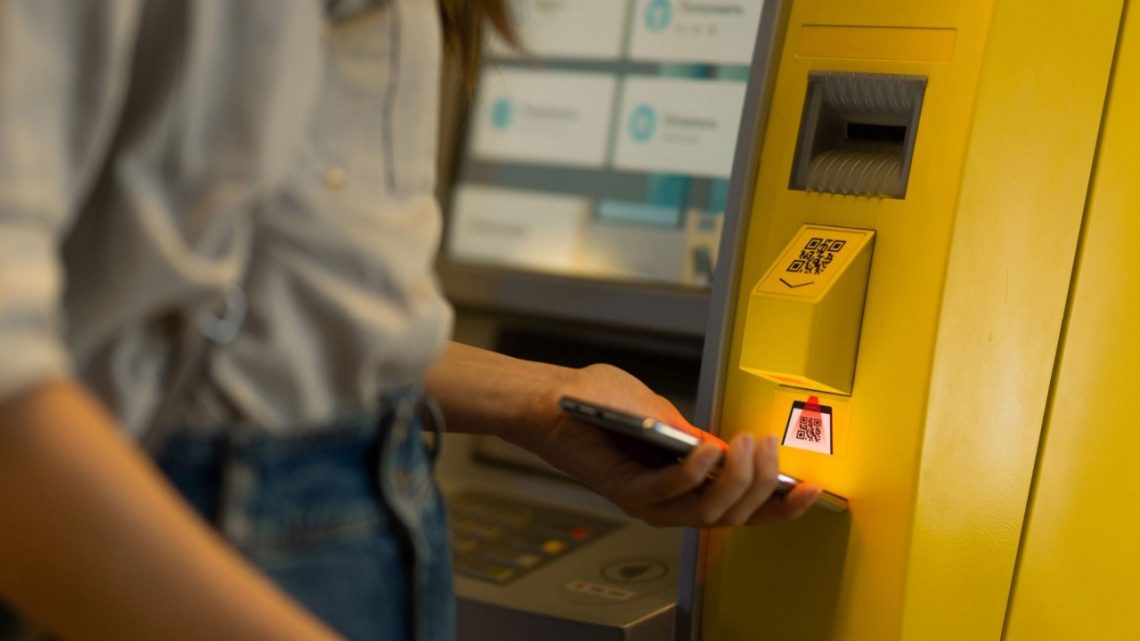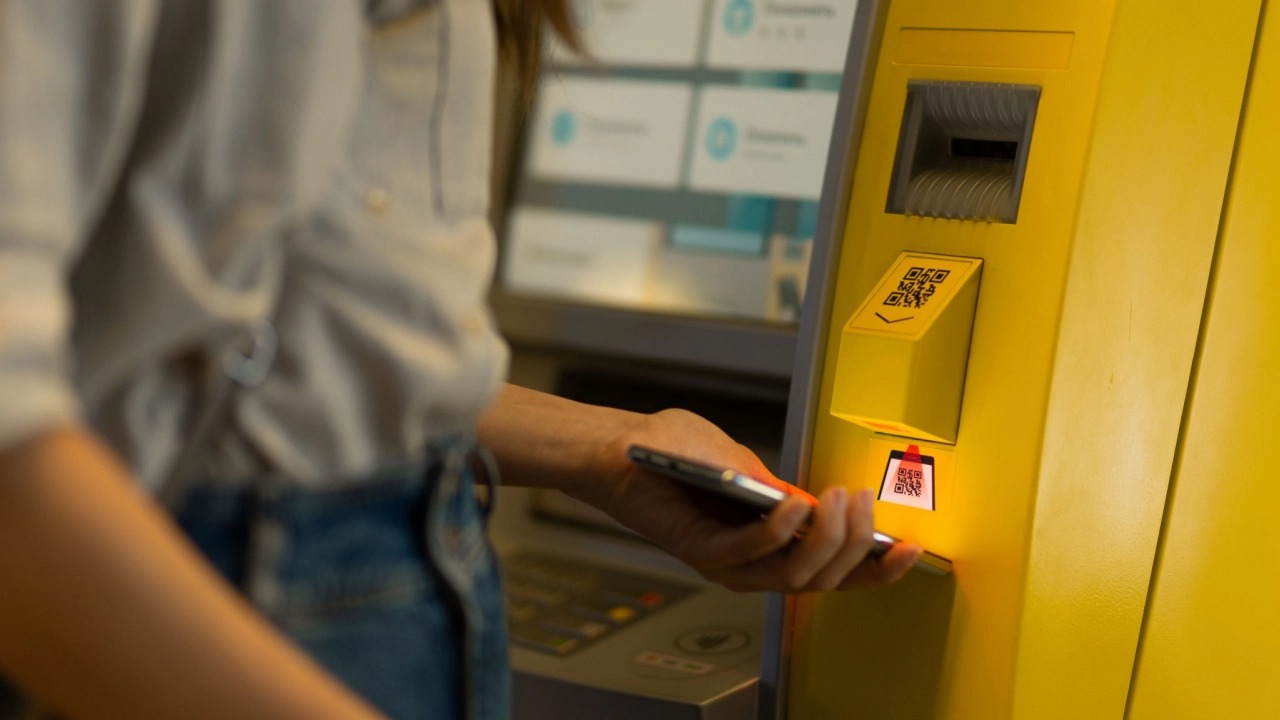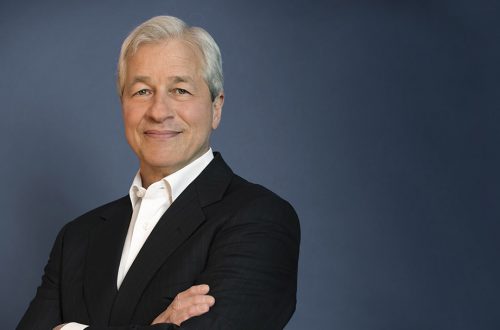
Bitcoin ATMs Increase in Number in Moscow, Russia

The Russian business newspaper Kommersant reported that there is a growing interest in cryptocurrency and the number of devices offering digital asset teller services has increased. There are currently several dozen bitcoin ATMs (BATMs), which are operating in the country despite the lackluster regulation.
Moscow is the leader in new installations. According to Rusbit, one of the companies that made them, 14 new “cryptomats” have been installed in Moscow this year. This brings the total for the Russian Federation’s 52 units. Rusbit anticipates that this number will increase in 2023, given Russia’s population and territory.
Many BATMs let users purchase one or more coins using cash or another non-cash payment method such as a credit card. Then, they receive digital money to their crypto wallet. Some support the sale and withdrawal of cryptocurrency for fiat. However, the Russian machines do not offer this service.
Rusbit sells ATMs at prices ranging from $1,800 to $3,600 and keeps them for 1%. According to Rusbit, its business is legal under the law “On Digital Financial Assets” (DFAs), which was in force January last year. These devices can share data with the Federal Tax Service in the same way as cash registers. They also verify customers’ identities and keep records of crypto addresses.
According to the publication, however, the legal experts who were interviewed said that bitcoin teller machines remain ‘in the grey zone’ in terms of regulations. While the DFA law partially regulates cryptocurrencies and related activities, the Russian parliament has yet to adopt a more comprehensive bill “On Digital Currency.”
Ksenia Petrovets is a senior associate at Birch Legal. She says that the current legislation doesn’t cover digital currency exchanges for fiat money and other cryptocurrencies. These are not explicitly forbidden or directly legalized.
Alexander Sharapov, a KSK Group lawyer, said that it is unclear which legal acts should govern the interaction between the seller of cryptocurrency and the buyer in the case BATMs. Pavel Ganin, a partner at A.T.legal added that there is no protection for consumers’ rights.
Sergey Mendeleev is concerned that authorities may confiscate the new bitcoin ATMs just as they did the Bbfpro-operated ones. In 2018, law enforcement took 22 of the machines from the company after receiving a request from the Central Bank of Russia.
However, there is a demand for this service as it’s difficult for Russians to purchase coins. They need to find peer to peer exchanges, open accounts to English-language platforms and go through know-your-customer (KYC), procedures, said Roman Kaufman, cofounder of Berezka DAO.
One of the main problems is the infeasible exchange rates offered by BATM operators. These rates are typically 10 to 15 percent higher in Russia than online exchangers. However, people who are just looking to try crypto can use teller machines to buy a smaller amount of digital money than trading platforms.




